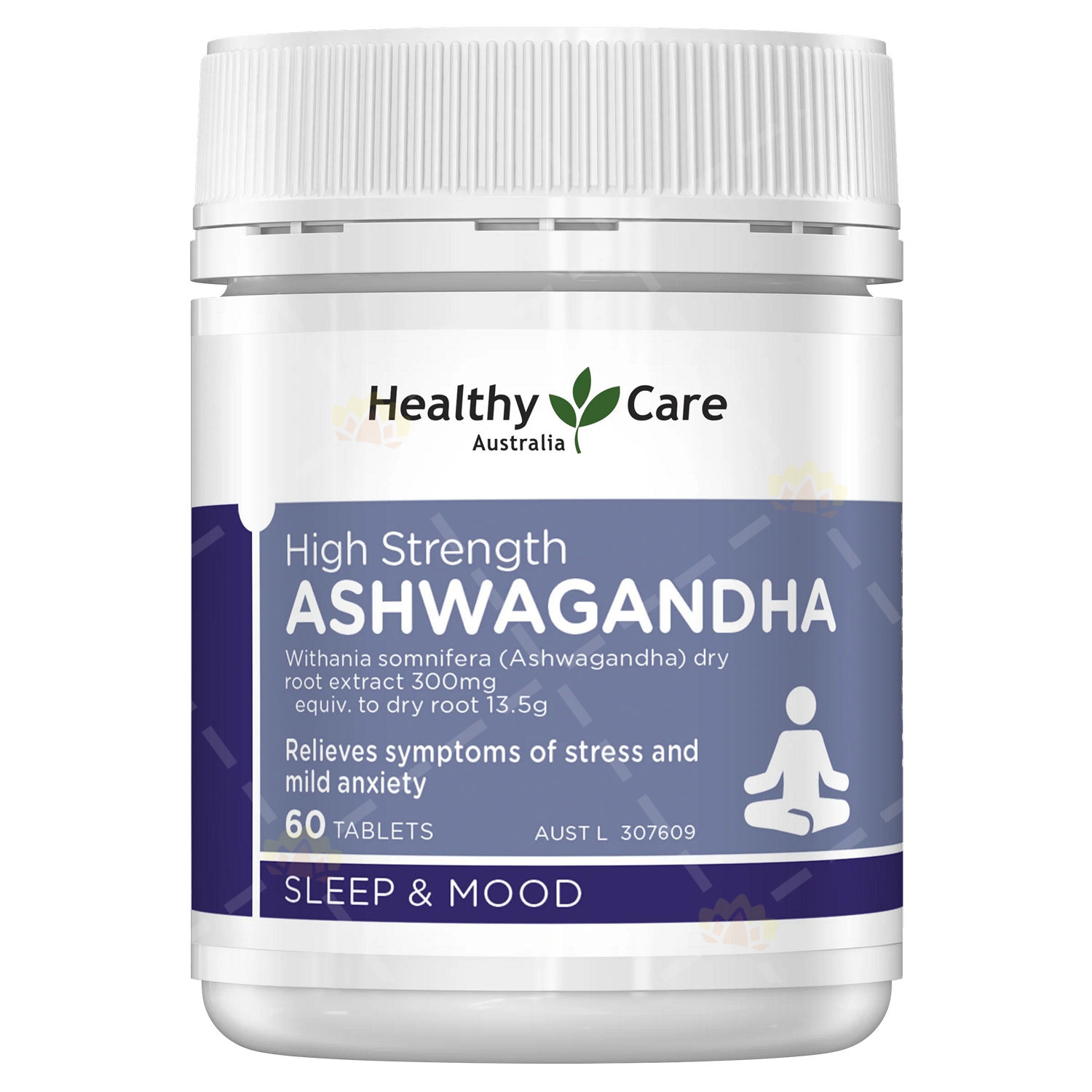Living in modern society, stress and anxiety have become part of daily life, and many people are looking for natural ways to improve their physical and mental health. Ashwagandha, an herb originating from ancient India, has gained widespread attention in recent years. What are the effects of this adaptogenic herb? How should it be used correctly? And what precautions should be taken?
What is Ashwagandha?

Ashwagandha, scientifically known as Withania somnifera, also called Indian ginseng or winter cherry, is a traditional herb that has been used in Ayurvedic medicine for over 3,000 years. Its name “Ashwagandha” comes from Sanskrit, meaning “smell of horse,” named for the unique odor of its roots. This herb primarily grows in India, parts of the Middle East, and Africa. It is a small evergreen shrub, approximately 60-150 centimeters tall. While the plant’s leaves and fruits also have medicinal value, the most commonly used part is the root, which is the main component in making Ashwagandha supplements.

Main Benefits of Ashwagandha
Ashwagandha is classified as an “Adaptogen,” a type of plant that helps the body adapt to stress and restore balance. Specifically, Ashwagandha has the following benefits:
Reduces stress and anxiety: Ashwagandha can regulate levels of the stress hormone cortisol, helping to alleviate feelings of stress and anxiety.
Improves sleep quality: Unlike sleeping pills, Ashwagandha doesn’t force drowsiness but rather helps the body relax by regulating the nervous system, naturally improving sleep quality.
Enhances immunity: Research shows that compounds in Ashwagandha can stimulate the immune system and strengthen the body’s resistance.
Boosts cognitive function: Long-term use may help improve memory and attention, especially beneficial for cognitive health in middle-aged and elderly people.
Balances hormones: It helps regulate thyroid function and balance sex hormones, particularly beneficial for women’s menopause and men’s hormonal balance.
Anti-inflammatory effects: Ashwagandha contains various anti-inflammatory compounds that may help reduce symptoms of inflammatory diseases like arthritis.

How Ashwagandha Differs from Other Stress Relief Methods
Unlike chemical medications and some fast-acting herbs, Ashwagandha takes time to achieve optimal effects. It’s not an “instant” solution but works by gradually regulating body systems. Ashwagandha doesn’t force sleep like sleeping pills, nor does it provide immediate alertness like caffeine. Its effect is balancing—it neither overstimulates nor causes drowsiness, but rather helps the body return to its natural balanced state.
How to Properly Use Ashwagandha Supplements

For adults wanting to try Ashwagandha, consider the following recommendations:
Dosage selection: First-time users should start with a low dose, approximately 300-500mg of root extract once daily. Based on individual needs, this can be gradually adjusted to 600-1000mg. Ashwagandha extracts on the market are typically standardized to contain 1.5% to 5% withanolides.
Timing: Can be taken in the morning to boost energy and reduce daytime stress, or before bed to improve sleep quality. Choose the most suitable time based on personal response.
Forms of administration: Ashwagandha supplements typically come in capsule, powder, and liquid extract forms. Capsules are most convenient, powder can be added to beverages, and liquid extracts absorb faster.
Usage cycles: Cycling is recommended, such as using continuously for 6-8 weeks then stopping for 1-2 weeks to avoid the body developing tolerance.
Precautions: Ashwagandha should not be taken with the following medications:
- Sedatives and sleeping medications
- Thyroid medications
- Immunosuppressants
- Blood sugar-lowering medications
- Blood pressure-lowering medications
Possible Side Effects of Ashwagandha
While Ashwagandha is generally considered safe, some people may experience side effects, including:
- Stomach upset or diarrhea
- Drowsiness (especially at high doses)
- Headache
- Dry mouth
- Temporary lowering of blood pressure
- Allergic reactions (rare)
When side effects occur, it’s recommended to reduce the dosage or temporarily stop use and consult a healthcare professional.
Who Should Not Take Ashwagandha?
The following groups should consult a doctor before using Ashwagandha or avoid it:
Pregnant or breastfeeding women: Due to insufficient safety research, pregnant and breastfeeding women should avoid use.
Patients with autoimmune diseases: Those with conditions like rheumatoid arthritis or lupus should use caution, as Ashwagandha may stimulate immune system activity.
Patients with thyroid diseases: Ashwagandha may affect thyroid function; those with hyperthyroidism or hypothyroidism should use under medical guidance.
Patients scheduled for surgery: Ashwagandha may increase anesthesia risks and affect blood sugar levels; it’s recommended to stop use at least two weeks before surgery.
People taking certain medications: Those on sedatives, blood sugar-lowering drugs, blood pressure medications, etc., should avoid concurrent use of Ashwagandha to prevent drug interactions.
Ashwagandha, as an ancient herb, has found new applications in modern life. When used correctly and appropriately, it can bring multiple benefits to our physical and mental health. However, no supplement can replace a healthy lifestyle and balanced diet. If you have any concerns or discomfort, please consult a healthcare professional immediately.
Currently Available Ashwagandha Products

















































